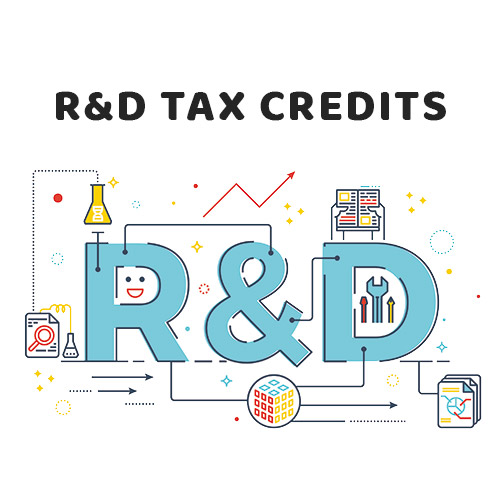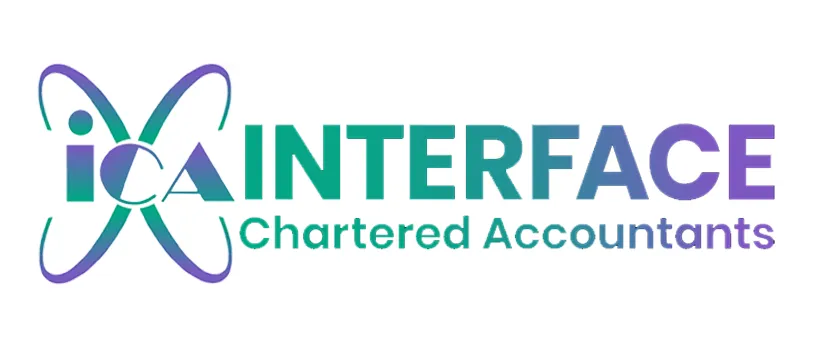Mission Zero is an initiative to achieve net zero carbon emissions by 2050. While this goal can be achieved through various methods, taxes are one of the most effective tools to help us achieve this. Taxes can be used to incentivize companies and individuals to reduce their carbon footprints and fund projects that help us reach our net zero goals.
By implementing taxes that target carbon emissions, governments can ensure that companies are held accountable for their environmental impact and encourage citizens to make more sustainable choices.
The UK is legally required to reach net zero by 2050, which is the point at which we have decreased our emissions of harmful greenhouse gases as far as is humanly possible and have offset those that cannot be removed by other means.
The government-commissioned report “Mission Zero,” by MP Chris Skidmore, sought to determine how the UK could better fulfil this objective and outlined several goals to guarantee that the country stays on course in the coming years.
The review covers many topics, but it focuses on financial and economic factors. To our pleasant surprise, it has also called attention to the significance of the tax system. The assessment suggests that, as part of its “25 important measures by 2025,” “by the end of 2023, HM Treasury should review how policy incentivizes investment in decarbonization, including via the tax system and capital allowances’.
Capital Allowances:

The review shows that the super deduction, which delivers advanced capital allowances to organizations purchasing qualified plants, will end on 23 March 2023. The main recommendation here is that, as a part of giving longer-term support to investment decisions, the Treasury should consider a successor to this measure. Still, this time it is focusing on encouraging low-carbon technologies.
The disappointing central review omits to notice that super deduction is only available for organizations. Facing climate change is an argument that all businesses need these incentives.
Business Rates:
The assessment highlighted how businesses might be discouraged from doing property upgrades since they may raise the property’s rateable value and business rates in the future.
Since the introduction of specific exemptions for certain green plants and machinery, such as wind turbines, solar panels, and battery storage, in April 2022, some of these difficulties have been addressed. These factors should keep the rateable value of commercial real estate.
The analysis also suggests that the Government ensures there aren’t any further barriers to investing in green property renovations that could be hidden in the business rates system.
Taxes are a Vital Part of this Mission Zero:
Mission Zero is a global initiative to reduce carbon emissions and achieve net zero by 2050. Taxes are a vital part of this mission, as they can help to incentivize companies and individuals to reduce their emissions.
Taxes can also fund green initiatives, such as renewable energy projects, energy efficiency measures, and research into new technologies. Governments can ensure that businesses are held accountable for their environmental impact by implementing taxes that target carbon emissions. With the right policies in place, taxes can be an effective tool in helping us reach our goal of net zero by 2050.
R&D Tax Credits:
There is a review called the Government to consider how to incentivize more R&D to help achieve net zero. This review suggested ‘greater ring-fencing of R&D spend’ as a possible option. The review didn’t go into further detail. Still, from this tax perspective, potential ring-fencing could involve R&D tax credits to projects which support net-zero goals or enhance the tax credits available to those projects. Identifying and enforcing such restrictions will do more work for clients and advisers.
Tax Credits:

The assessment emphasizes how the Government might utilize “tax credits”specific reliefs or rebates—as another tool to promote reform. Governments like the US and Canada offer special tax breaks to entice companies to embrace hydrogen and other low-carbon energy sources.
The evaluation also notes that the government cannot offer substantial tax giveaways, noting that “data on the effectiveness of tax credits to influence investment decisions to grow and decarbonize is sparse.” However, the evaluation refrains from suggesting any particular actions and instead urges the Government to “examine the effectiveness of tax reliefs for firms in stimulating investment, given the high energy cost.”
Conclusion:

Mission Zero is the global effort to achieve net zero emissions by 2050. It requires a dramatic shift in how we produce and consume energy, and taxes are one of the most effective tools for achieving this goal.
Taxes can incentivize businesses to switch to renewable energy sources, reduce emissions from transportation, and support green infrastructure projects. They can also be used to promote sustainable practices such as reducing waste, encouraging recycling, and investing in renewable energy technology.
With the right tax policies in place, governments can create an environment that enables businesses to transition towards net zero emissions.
 Skip to content
Skip to content

